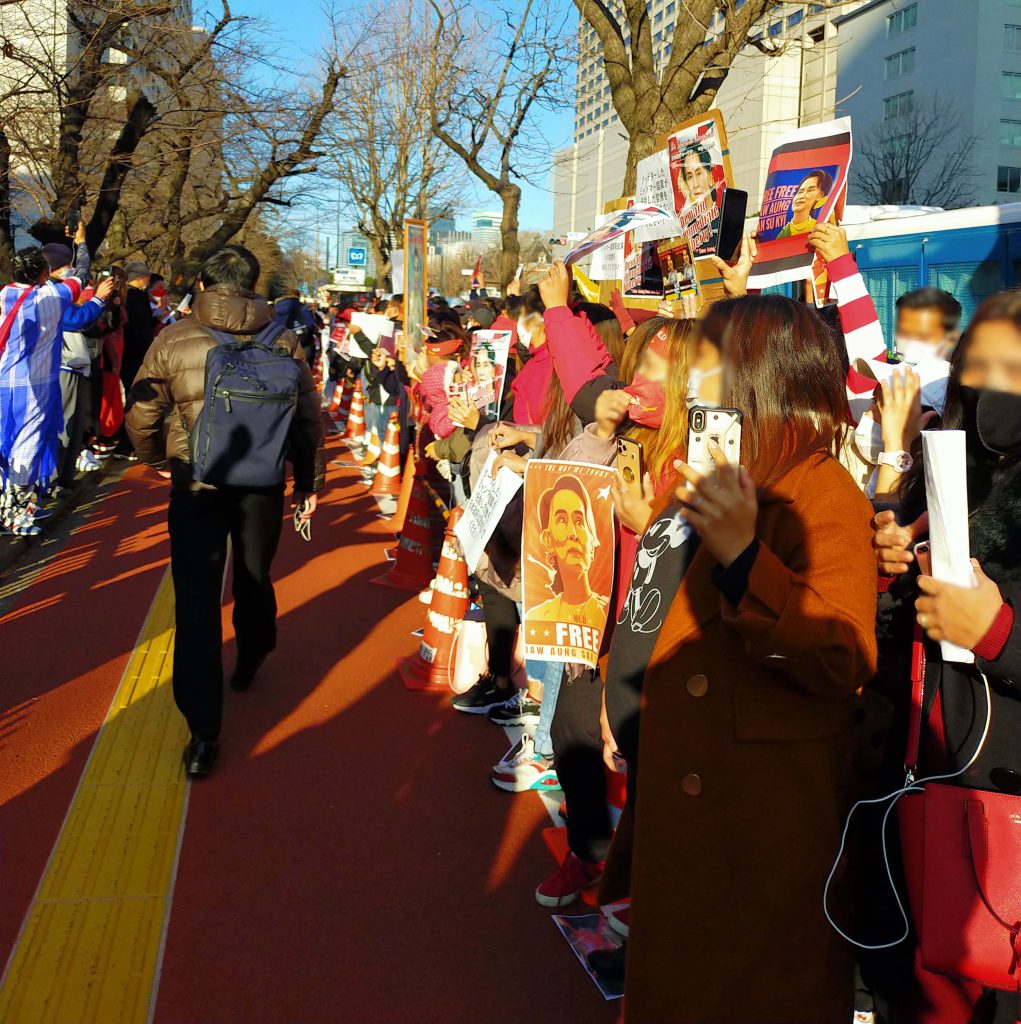
By Jenna Yingling ’21
On February 1st, the Myanmar military seized control of the government and declared a year-long state of emergency. The armed forces claimed that National League for Democracy candidate Ms Suu Kyi’s victory in the recent general election was a result of fraud. They demanded a rerun of the votes. The election commission stated that there is no evidence supporting the military’s claim of election fraud.
Once the military coup unfolded, a television station in Myanmar announced that military commander-in-chief Min Aung Hlaing is now in power. Kyi and other National League for Democracy members were arrested in a series of raids and taken to undisclosed locations. Soldiers barricaded roads in the country’s capital of Nay Pyi Taw, and the main city, Yangon.
Additionally, television channels went off air, internet and phone services were disrupted, and banks were forced to close. Hlaing had 24 ministers and deputies removed and enacted a curfew.
Many Myanmar citizens strongly oppose the military coup. They voted overwhelmingly in favor of Kyi and believe that they have been denied their right to participate in democracy.
“The most common reaction from my Burmese friends has been anger,” Yangon resident Michael Ghilezan told BBC News. “They feel deeply betrayed by the military and the USDP.”
The weeks following the coup mainly consisted of peaceful protests resisting Hlaing’s power grab. However, tensions between the police and protestors are growing rapidly.
Sunday, February 28th marks the most violent day of protests.
Police officers in Yangon, Dawei, and Mandalay are using tear gas, stun grenades, water cannons, and rounds of bullets against the crowds. At least eighteen protestors have been killed.
“Police started shooting just as we arrived,” protestor Amy Kyaw said to AFP, as reported on BBC.com. “They didn’t say a word of warning.”
Demonstrators blocked Hledon road in Yangon with shields and carts to hold off the officers. Even as blood stained to road, more people arrived at the scene to sit and chant.
“We’ll never kneel down to the military boots,” another protestor, Nyan Win Shein said.
